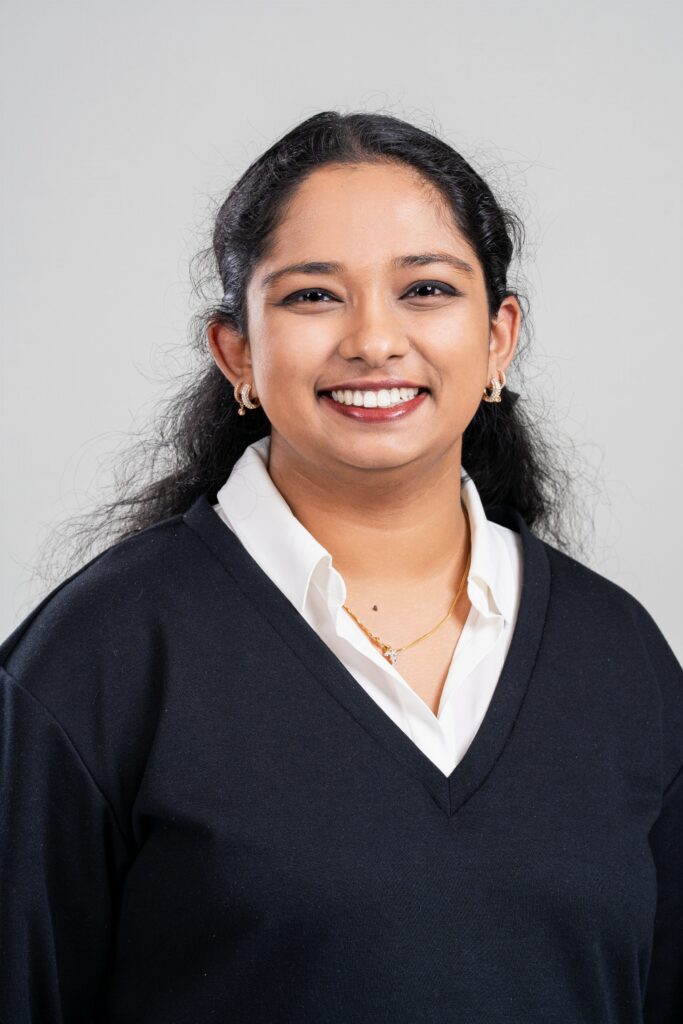Carl Dennis pondered in his book “Practical Gods,” “Have I planted the seed of my talent in fertile soil?”
When I first read this line in a class titled “Human Goodness” last semester, I immediately started reflecting on my own life and time at Emory University, wondering whether I planted my seed in fertile soil. How does one know what soil is fertile? Then, how do you encourage a plant to grow from that tiny seed? I realized that, at Emory, I have been able to plant the seeds of many interests all over campus and watch them grow into towering trees.
I started at Emory during the pandemic, as a tiny seed. I was a different person, shy and introverted. It was daunting to step into a new chapter of my life where I didn’t have the creature comforts of being home or around people I knew. Creating those initial few friendships as a virtual student, and later on a nearly barren campus, was difficult. However, the friendships forged in those hard times and new environments were made to last a lifetime, growing from small saplings to strong oaks over time.
As a first year, I planted a seed of my passion for research at a cancer immunotherapy lab, the Henry Lab, in the Emory School of Medicine. Still new to college and dealing with the height of the pandemic, I worked with my principal investigator (PI) to craft my own remote project — I was participating in the research all the way from Texas. I watered this seed of interest by relentlessly asking questions to my PI and mentors, trying to learn as much new information as I could while being so far away. I nurtured my growth as a researcher when labs reopened the following year and I continued to hone my interest and skills. In online school, I realized that I could create my desired learning opportunities with just enough creativity and resolve.
Another seed I planted was my interest and love for the ancient language Sanskrit. I thoroughly enjoyed studying this language in high school and was thrilled when I learned about the Emory program. However, once I arrived, I quickly realized that the previous program had disappeared and was extremely disappointed.

Courtesy of Tom Smarch
I got sent in circles by multiple departments and professors, trying to find out more information about the former courses. After thorough exploration, I finally met my savior — our very own Hindu Chaplain, Shweta Chaitanya. I spent the summer doing exactly what I had dreamed of in high school: studying Sanskrit grammar and literature with a knowledgeable mentor. Eventually, a Sanskrit scholar, Dr. Shiv Subramaniam, joined Emory, and I worked with him to create an independent study class for Sanskrit that students from all across Emory could join. Not only had the seed of my interest flourished in fertile soil but it had also inspired the growth of others’ seeds.
Finally, and perhaps the tallest plant to flourish from my planted seeds, was my own self-confidence. Like I said, I came into college being shy and introverted. My worst nightmare in high school was being in a room with new people, forced to make conversation in an unfamiliar setting. Now, I love talking to new friends and learning their stories. My newfound confidence was all thanks to my job at the mentoring program in the Robert W. Woodruff Scholars community, where I served as a student fellow. Though not related to my other interests, major or career path, my job was one of the most rewarding and shaping experiences of my time at Emory.
As a part of running the mentoring program and being a fellow, I gave monthly presentations and engaged with students from many different majors, intended career paths and walks of life. When I started, I wasn’t sure I had fertile soil to plant my seed — I wasn’t sure if it would grow or wither away. With time, encouragement from caring mentors and friends, and practice, I slowly developed this seed. It flourished into a tree, one bigger than I had ever imagined in my wildest dreams, and I am so glad that it did.
Reflecting on my four years at Emory, I have planted countless seeds, tended to them and prayed for fertile soil. Now, at the end of my time here, I am opening my eyes to a flowering orchard. Emory provides fertile soil for so many students, all from different backgrounds and interests. It gives us the fertilizer and water we need to nourish our interests and passions. I cannot wait to look back and see the impressive forest that comes from each of you nurturing your seeds.
Uma Obalapuram (24C), a biology major and religion minor, is from Dallas. While at Emory University, she was a Robert W. Woodruff Scholar and Scholar Fellow, leader of the Hindu students’ discussion group Shlokas and Snacks, a member of many pre-medical clubs on-campus, a writer for the Emory Undergraduate Medical Review and a cancer biology researcher at the Emory School of Medicine. After college, she plans to attend medical school.



